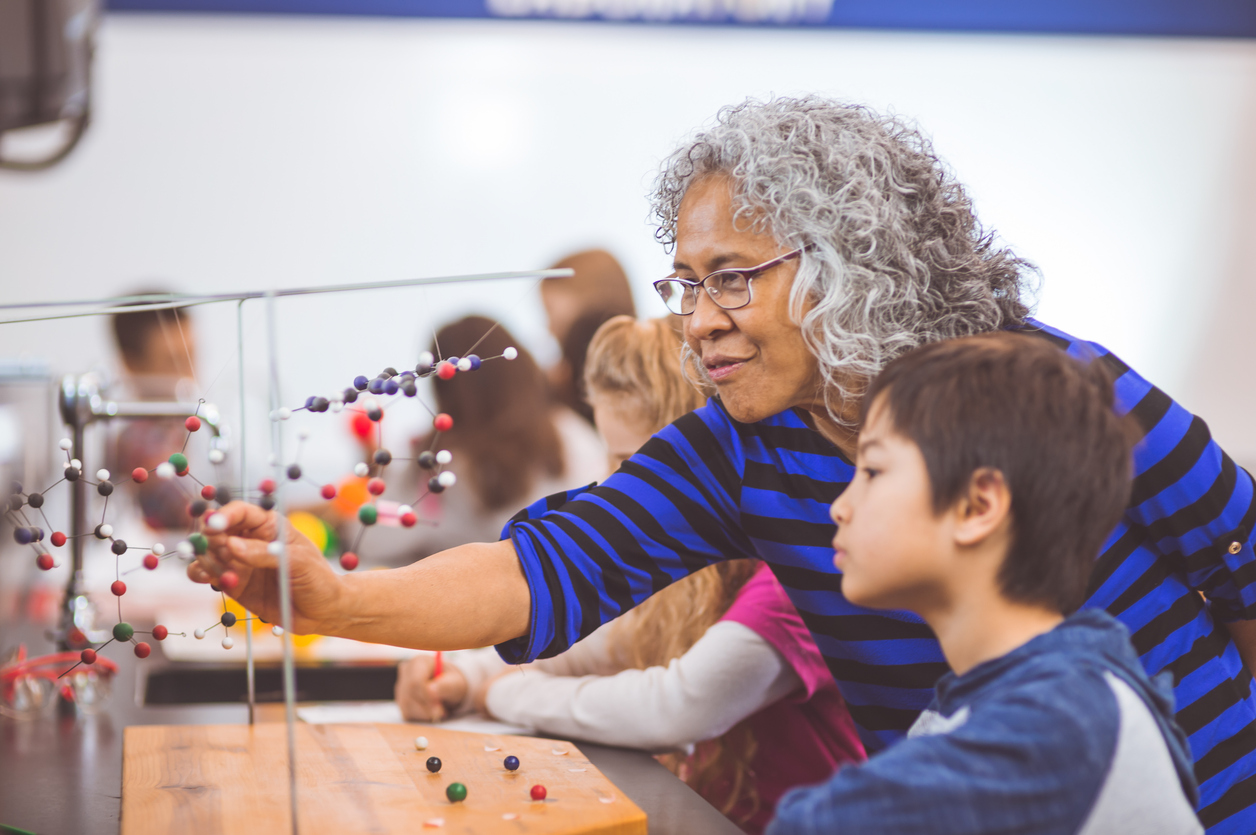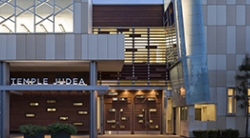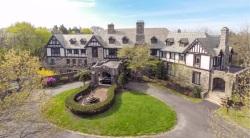
Gifted students are gifted learners whose individual styles and approaches to learning are different from the normal population of students. For them to be successful, their curriculum should be designed to take advantage of their intelligence, curiosity, passion, focus, ability to absorb information quickly, and commitment to perfection.
Not many students reflect this profile. But those who do – the gifted ones – need to have the standard curriculum modified in ways that provide more opportunity for them to exhibit their special talents.
A number of theories have been presented in recent years to accommodate gifted students. Some researchers suggest techniques like acceleration or enrichment. Others suggest modifications to lessons, assignments, or schedules. And still, others suggest three completely different models of curriculum. Let’s take a quick look at these theories.
Acceleration
Acceleration involves moving students ahead, allowing them to skip assignments or grades when they have proven mastery of subject matter. Pretesting is often used to identify the student’s knowledge and skill level of a subject before recommending acceleration.
Gifted students who are accelerated report that they are satisfied with the experience, and their grades and test scores reflect the positive effect of acceleration. The advantages of acceleration are hindered when schools misunderstand what giftedness is or have concerns about the social interaction with older classmates.
Enrichment
While acceleration is a vertical option, enrichment is a horizontal one. The student does not advance a grade but is given additional content to master. The content is often more challenging and requires higher order thinking skills, in line with the upper levels of Bloom’s Taxonomy including analysis, evaluation, and creation.
Classmates who are not gifted will be spending their time at lower level assignments that require remembering, understanding,and applying. Gifted students tend to have strong memories, better understand new concepts and principles, and learn to apply what they learned in many different scenarios. They are ready to move on to more challenging requirements.
Lesson Modifications
Lesson modification includes options like acceleration or enrichment where open-ended questions stimulate higher order thinking skills and allow students to express their opinions. Open-ended questions provide opportunities to compare, synthesize, provide insight, conjecture, hypothesize, and assimilate information.
As noted above in acceleration, these characteristics parallel Bloom’s Taxonomy. Using these skills, gifted students can become more aware of current events and can lead class discussions on a variety of topics with which they become familiar.
Lessons can be modified by choosing a theme or problem incorporating different subject areas, identifying key concepts to be learned, identifying outcomes or competencies to be gained, and designating activities that line up with higher orders of thinking.
Assignment Modifications
Gifted students often find standard assignments to be boring or irrelevant. This leads to time-wasting, possible mischief, and disinterest. They should be allowed to reduce or skip these assignments in favor of alternate ones that are more challenging and perhaps require independent study.
This approach is called curriculum compacting, where easier assignments are compacted to give gifted learners time to pursue those that are more valuable or relevant. Students gifted in mathematics should have standard math assignments compacted so they can study more advanced math concepts and applications.
Scheduling Modifications
Gifted students in a school are often spread around different classrooms at their grade level, so teachers can share the responsibility of providing advanced learning opportunities for them. Gifted students can actually help teachers by leading discussions and helping non-gifted students with assignments. But this doesn’t necessarily help the gifted students advance their own knowledge, especially when the activity is drill and practice.
Gifted students who are always scheduled to study in standard heterogeneous groups do not benefit as much as they do when placed with students of similar abilities. When placed in cooperative learning groups with other gifted students, these students learn from each other.
Putting gifted students in the same classroom also reduces the need for other teachers to create special assignments or learning paths for the gifted students in the school. Multiple teachers do not have to develop instructional modifications for gifted students.
Content Mastery Model
In her book, Comprehensive Curriculum for Gifted Learners, Joyce VanTassel-Baska discusses the development of a challenging curriculum for gifted and talented students. She presents three possible models: content model, product/process model, and epistemological model. Each model has a place in the classroom and can be used to teach appropriate subject matter in different ways.
The first of these models, the content mastery model, is based on the acquisition of knowledge and skills that pertain to a particular subject area – like math or science. Each student progresses through the math or science curriculum at his or her own accelerated pace.
Pretesting on each subject identifies the student’s strengths and allows material already mastered to be compacted or eliminated. This allows the student to pursue areas unfamiliar and more challenging.
One problem with this approach for teachers is that it is hard to control the pace of learning for each student. They are all different. Another criticism is that, although each student learns a wider range of information in any given subject area through acceleration, the student does not learn depth or quality of information. Still, there are many successful programs that focus on content mastery.
The Process/Product Model
This model is geared toward developing the skills involved in conducting first-hand investigations into real-world problems and coming up with appropriate solutions.
In this model, there is no set curriculum. The student determines what is to be studied and is of interest to them. Emphasis is not on pace but on the depth of learning the topic. The student selects a topic and problem, reviews the literature and does the research, investigates any issues, develops a tentative solution, and creates a product and presentation that shows what has been learned. This model supports both acceleration and enrichment strategies.
Epistemological Model
This model is a concept-based model that places emphasis on understanding systems of knowledge as opposed to particular factual information. It asks the student to relate issues on a variety of subject matter across the curriculum.
This model is a good one for learning social studies subjects of humanities. It can be used to study the importance of key social and philosophical ideas throughout history.
All three models can be used to differentiate curriculum for gifted students. And these, along with suggested modifications to standard curricula, can provide the enrichment of knowledge and accelerated pace of learning that is so important to the education of gifted students.






